
It’s time for health systems to build on their tech foundation and strive for interoperability, analytics and engagement.

It’s time for health systems to build on their tech foundation and strive for interoperability, analytics and engagement.

Can ridesharing improve efficiency and the patient experience? Are mergers the future, or are they dragging us back into the past? Plus, updates on MSK's Paige.AI scandal a week later.

The week in review is all about cybersecurity, the digital transformation and big ethical questions, but it all orbits around risk.
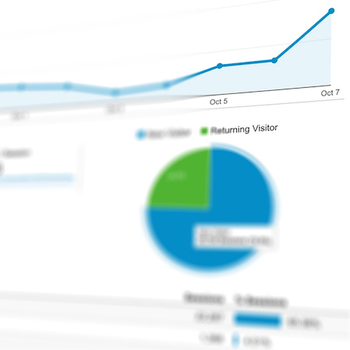
What health systems must know to improve patient engagement and more.

The problem is also hurting patients and costing health systems untold billions, according to a new systematic review and meta-analysis.
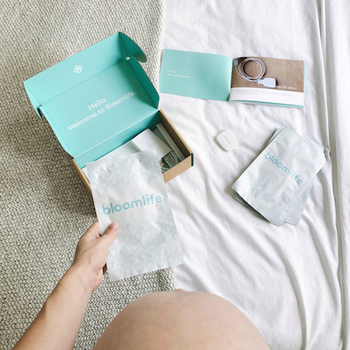
Women today have more tools than ever before to monitor their pregnancies, but data mean little without physician guidance.

By updating Medicare’s Program Integrity Manual, groundbreaking therapies and medical devices could be more likely to be covered, the insurer says.
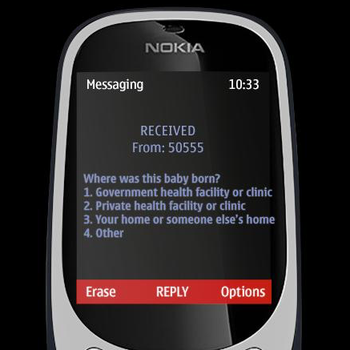
A new study found that SMS polls can help rapidly gather health information.

How tech can help patients and clinicians reap the benefits of an improved, sustainable and proactive healthcare system.

GeoPain also enables clinicians to analyze the data and even make predictions.
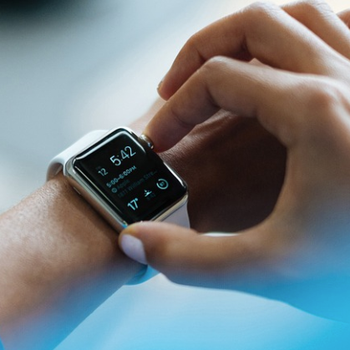
For patients, the benefits of wearables and other forms of real-time health monitoring are clear. But if you’re in charge of sustaining the profitability of a hospital, digital healthcare might keep you up at night.

Forget the complaints – healthcare does plenty of things right, too. So where should hospitals bow to disruption, and where should they double down their efforts?

Leaders in wearable tech are pushing for enterprise-level health system adoption, and much of what we know about aspirin has been turned on its head.

Telehealth can offset projected clinician shortages, bring affordable care to uninsured patients and eliminate wait times for consultation.
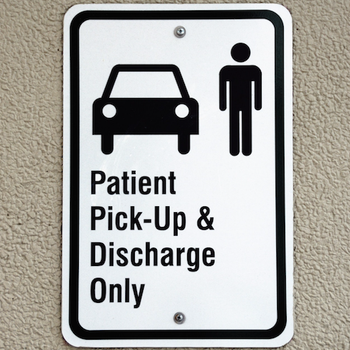
6 points that could enhance patient access measurements.
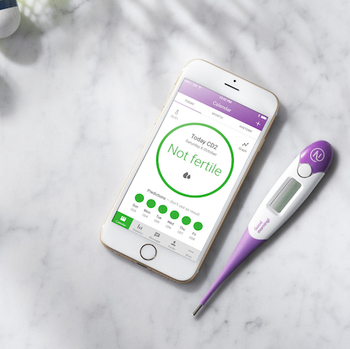
Is it OK for digital health tools to exclude vulnerable populations?
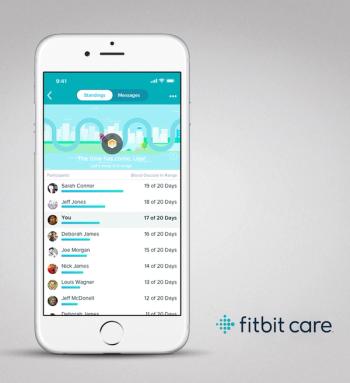
Fitbit Care uses health coaching and personalized digital health interventions. It also provides health systems, insurers and employers with enterprise-level data.

Apple's newest wearable has the potential to open new doors to yet unimagined ideas and concepts in healthcare. It also has the potential to freak people out for no good reason, and overburden physicians.

Is this the key to fighting physician burnout?
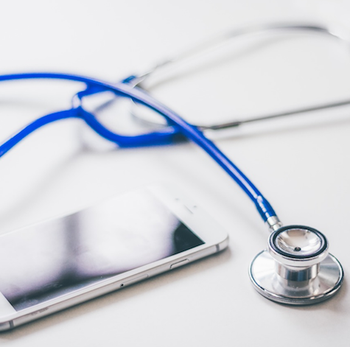
Patients said they think apps could help pain management, but a study found called the power of mHealth into question.

When physicians and hospital executives don’t see eye to eye, problems arise. Both groups must work together to bridge the Clinical Divide.

Virtual care, innovation versus implementation, and the new Apple Watch all carry big implications for healthcare.

A group in Utah wants to improve social determinants of health in two cities — and then everywhere else.

Disruption is a difficult game, especially for healthcare startups, whose innovative ideas are a dime a dozen, but whose implementation strategies are often murky at best.
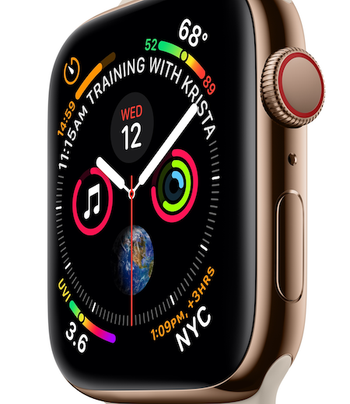
The new Apple Watch uses technology approved by the FDA.